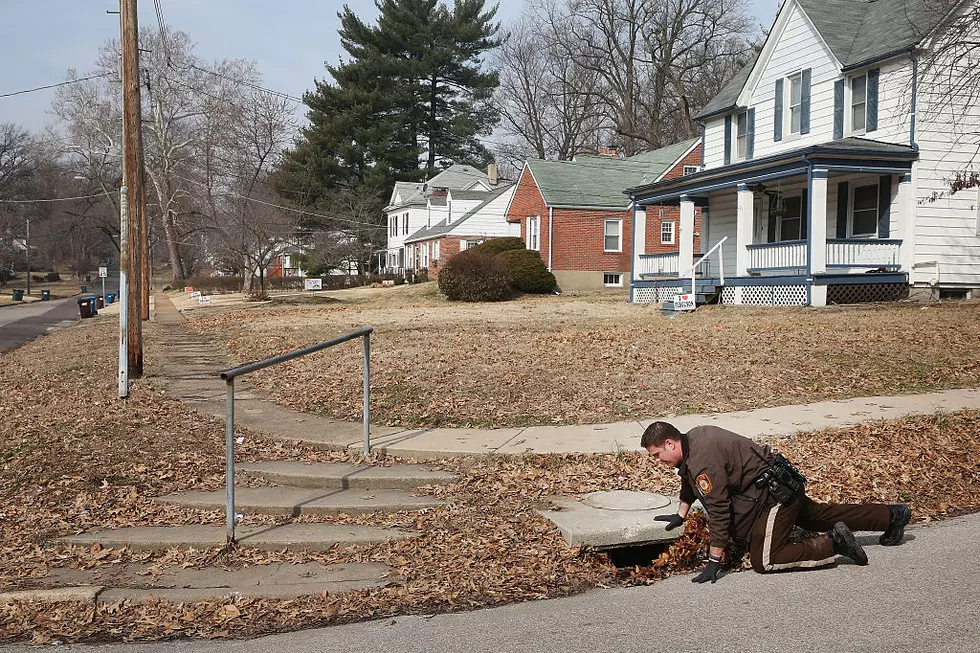
Search for Missing Cyril Girl Raises Constitutional Rights Questions
If you're unfamiliar with the story so far, there is a toddler named Athena Brownfield missing out of the tiny town of Cyril, Oklahoma. While her older sister has been safely found, the four-year-old has been missing for a week.
The community as a whole is behind police and OSBI in trying to find the missing toddler, but a recent update from the official Cyril, Oklahoma Facebook page raises questions over constitutional rights in the search.
The question is, can law enforcement legally enter and search a vacant home without a warrant or expressed permission? The answer isn't exactly clear.
Search and seizure.
Under the Fourth Amendment, Americans are protected from unreasonable search and seizure, but not all searches require a warrant.
The right of the people to be secure in their persons, houses, papers, and effects, against unreasonable searches and seizures, shall not be violated, and no Warrants shall issue, but upon probable cause, supported by Oath or affirmation, and particularly describing the place to be searched, and the persons or things to be seized.
If a property is vacant, how can it be searched within the confines of constitutional law?
No doubt about it, it's a mess.
As the law applies, abandoned property is not shielded by the constitution. If you were to leave your wallet or purse on a park bench unattended, it would be considered "abandoned" and anyone, including law enforcement, could lawfully search through it... but this doesn't apply to housing.
Beyond vehicles and bags, the Fourth Amendment offers its strongest protection in the case of housing. A vacant property isn't defined the same as an abandoned property in the eyes of the law.
Vacant properties are those that have been uninhabited for a minimum of six months, where no construction has happened for at least six consecutive months.
Abandoned properties are defined by the following metrics.
...a nuisance property; it has at least one quarter of delinquent taxes; construction started but then stopped, and nothing has happened in at least six months; or that the property needs to be rehabilitated but nothing has happened.
Just because nobody lives in a home, it doesn't mean that law enforcement is free to search without legal regard. Vacant properties still require either permission from the established legal owner or a warrant issued by a court based on probable cause.
As citizens, it is our right and our responsibility to hold the government to its own rules regardless of the situation... That being said, I don't think a single property owner would take issue with their property being illegally searched, especially in the increasingly unlikely case that this toddler is found safe and alive.






